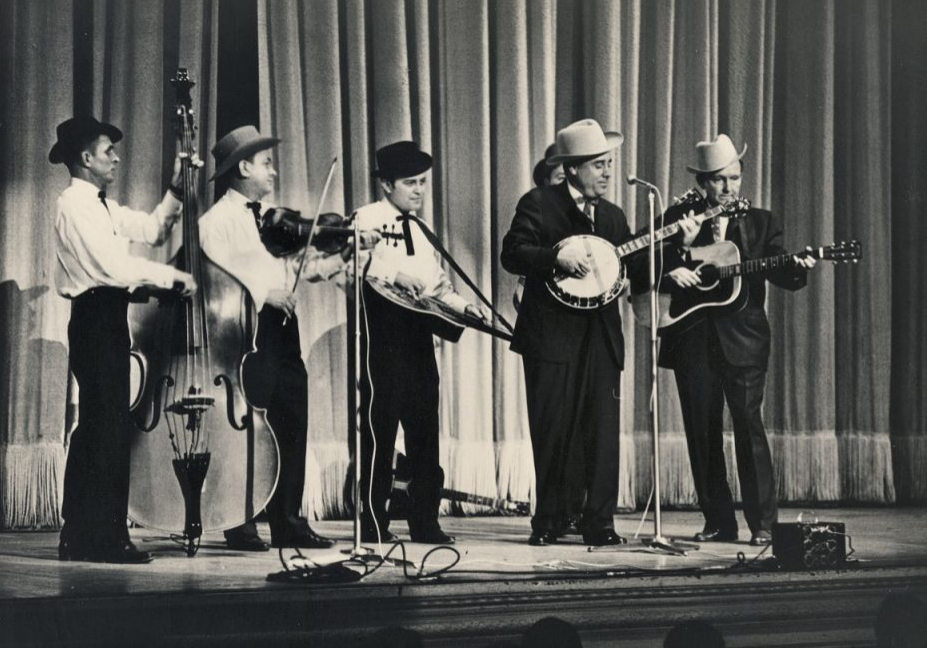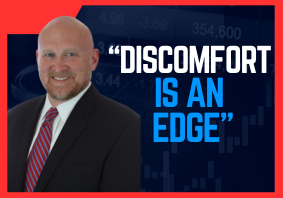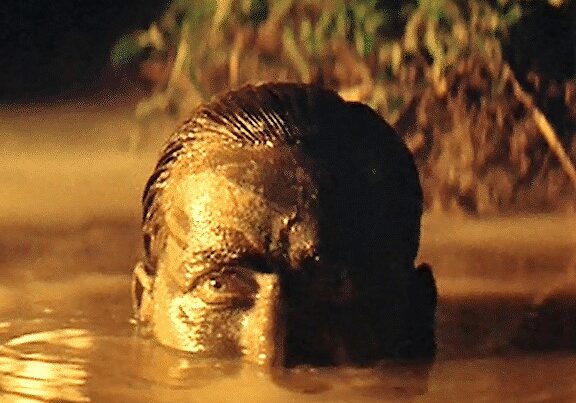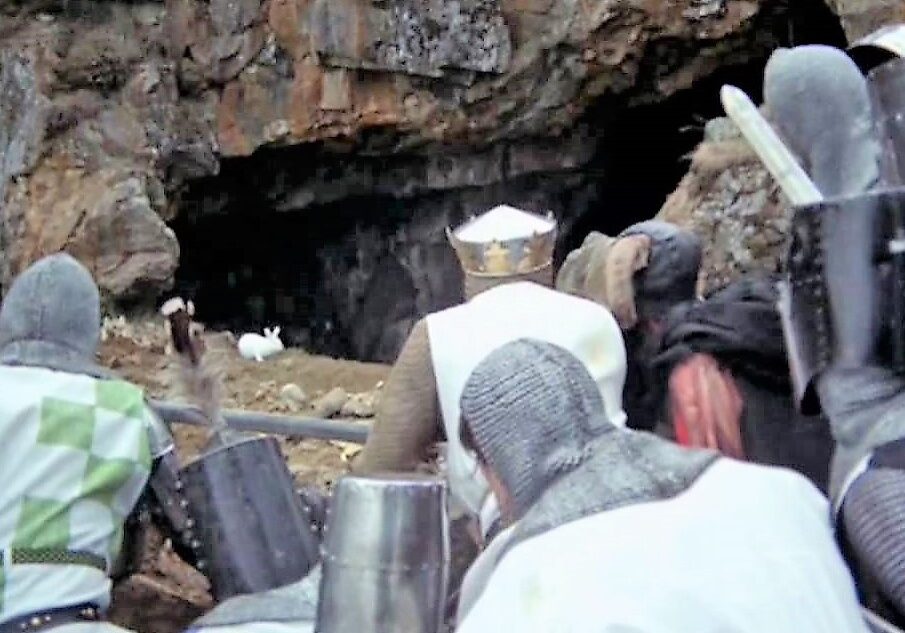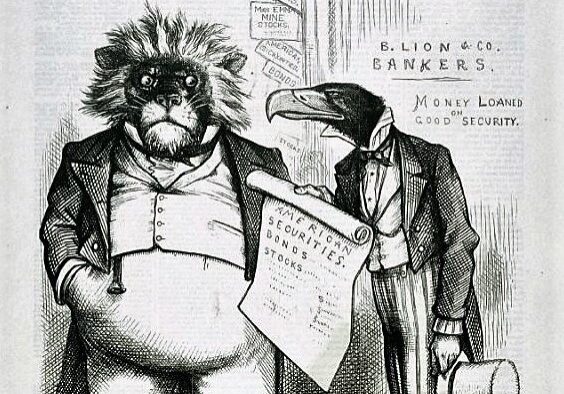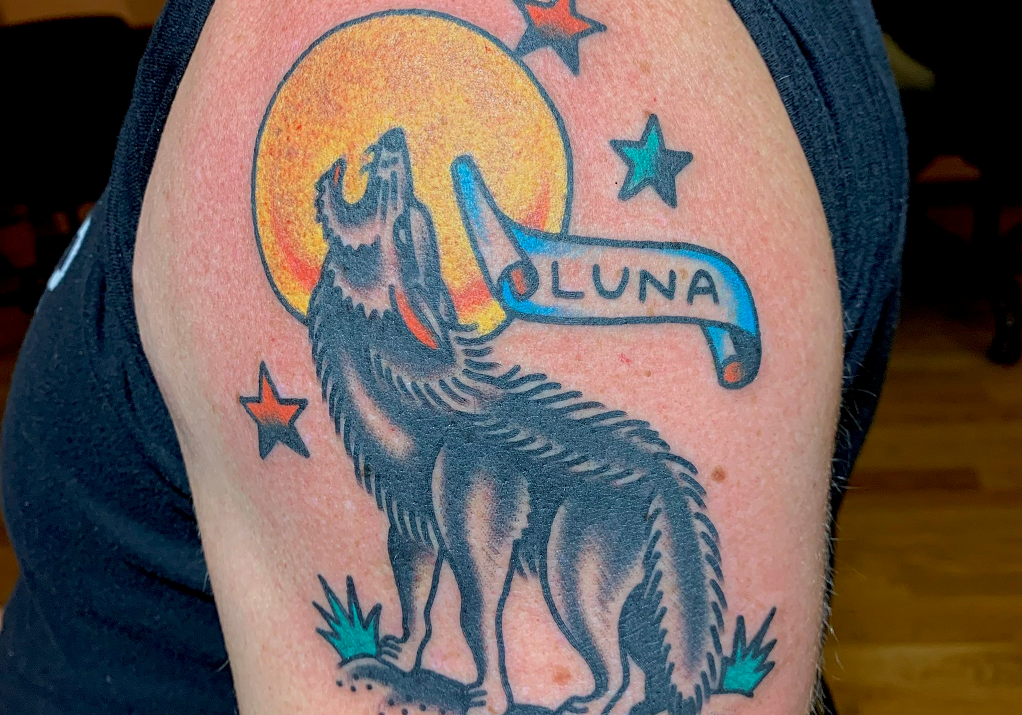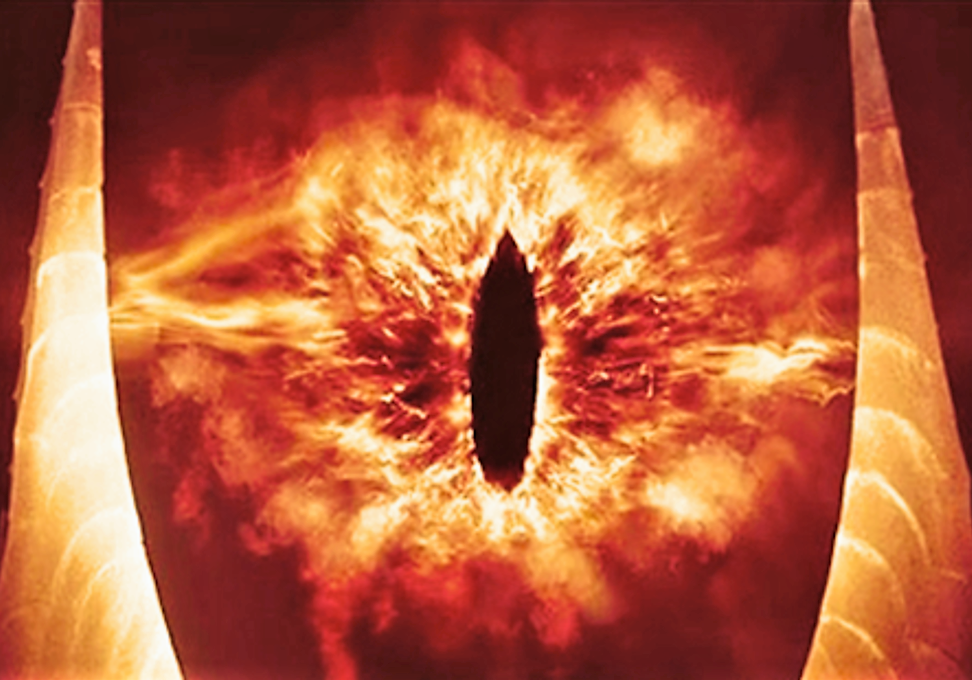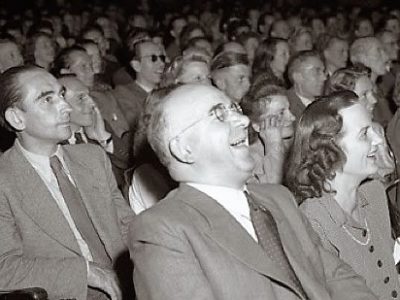Think of Perscient storyboards as a way to track narratives in real-time so you can see reality before the story catches up.
For example, here are five insights on the housing market from Matt Zeigler’s interview with Daryl Fairweather, chief economist at Redfin, that come alive with new meaning through the narrative-tracking power of Perscient storyboards.

I don’t think it’s the standout track. I don’t think it’s anything new. I don’t think it’s anything you need to spend more than 30 seconds thinking about.
I do think, and I’ll stand by this, that Pusha T and Malice, especially with Pharrell, are the Larry McMurtry wild west books about drug dealing, and I don’t care if it’s one-lane and shallow, I want to hang out with them forever.
The choice to make this so heavily accapella with that slight reverb fascinates me.
The choice to let the beat that does come in be so old-school chopped fascinates me.
The choice to have a run on the album of acronym titles fascinates me.
And I don’t think any of my fascination warrants being deeply probed so much as deeply experienced.
This is my fascination now and forever with Clipse. Nothing is new. Everything fits like an old glove.
Even the lyric video has style. This is culturally inappropriate. Get into it.
Clipse are forever proving that if you define your own norms the area to explore is infinite – making acronym titles feel inevitable rather than gimmicky, making minimalist beats sound maximalist, making the same corner feel like a whole universe.
Read more at cultishcreative.com
Grow Your Network: Laurie Kaye Is A Rock Radio Pioneer Who Conducted John Lennon’s Final Interview
Laurie Kaye’s journey from transistor radio sanctuary to rock radio pioneer illustrates the power of trusting your readiness and finding chosen mentors. Her professor’s advice to leave school because “you already know how to write” represents those pivotal moments when formal education has served its purpose. More importantly, her relationship with news director Jo Interrante shows how chosen mentors can provide the support and belief that families sometimes cannot. Conducting John Lennon’s final interview on December 8, 1980 – hours before his assassination – taught her about the fragility of peak moments and the responsibility of cultural curation.
Sunday Music: RIP Ozzy
The passing of Ozzy Osbourne this week sparked a reflection on why Black Sabbath doesn’t receive the same cultural reverence as the Beatles, despite fundamentally changing music forever. Four rejects from industrial Birmingham created something entirely new on February 13, 1970 – meeting critical scorn (“bullshit necromancy”) but finding their audience through word-of-mouth and underground appreciation. The contrast between Simon & Garfunkel’s refined sophistication and Sabbath’s Birmingham grit reveals how outsiders often have to fight for recognition that insiders receive automatically. By year’s end, they’d proven what the Beatles proved in the 1960s – that you could reshape popular music entirely. The difference is Sabbath had to fight for that recognition, and they’re still fighting for it fifty-five years later.
The Day The Music Died Vs. The Days The Music Lives: Laurie Kaye and Kevin Alexander on JUST PRESS RECORD
Both Laurie and Kevin discovered that being a receiver of great music eventually turns you into a transmitter. Laurie’s transistor radio refuge as a child led to her becoming a voice that guided others through their own musical discoveries. Kevin’s field trip revelation with Talking Heads and record store obsession evolved into a life dedicated to surfacing incredible sounds for others. Their conversation reveals how the “village of voices” – DJs, record store clerks, cool friends with perfect tapes – serves as both sanctuary and bridge across generations. Music doesn’t just soundtrack our lives; it’s the vehicle that carries us to our peaks and the lifeline that pulls us through our valleys.
John Darnielle on Ozzy
Mountain Goats frontman John Darnielle wrote perhaps the most moving Ozzy obituary, weaving together personal, micro, and macro scales in his signature style. His story of meeting a stranger on a train who simply said “Ozzy Osbourne. I’m just telling everyone I know, Ozzy Osbourne” captures how music passes between people through intimate, authentic moments rather than marketing campaigns. Darnielle’s reflection reveals how art that ages with us understands something about life that we don’t yet grasp – it becomes the voice of someone who sounds like they understand us when we can’t find our own words.
Read more at cultishcreative.com
Do you know Laurie Kaye? She’s the rock radio pioneer and author who conducted what tragically became John Lennon’s final interview on December 8th, 1980 – just hours before his assassination. She’s also the brilliant mind behind some of radio’s most legendary specials, including the 17-hour “The Beatles from Liverpool to Legend.”
If not, allow me to introduce you. Laurie started her career as a news editor at KFRC radio, eventually becoming an on-air newscaster who interviewed everyone from Mick Jagger to David Bowie to the Ramones. She’s the author of “Confessions of a Rock and Roll Name Dropper: My Life Leading Up to John Lennon’s Last Interview.” I wanted to connect with her because she embodies something I value deeply: the courage to turn personal passion into professional purpose, even when that means diving into the unknown.
Our conversation is LIVE now on the Just Press Record YouTube channel (and this Cultish Creative Playlist). Listen and you’ll hear stories from the golden age of rock radio, behind-the-scenes moments with music legends, and wisdom about building a career around what you truly love.
Read more at cultishcreative.com
Do you know Kevin Alexander? He’s the author of the brilliant “On Repeat Records” Substack, a weekly music discovery newsletter that’s become essential reading for anyone who still believes in the magic of finding your new favorite song. He’s also a master playlist curator who somehow knows what you’ll love before you do.
If not, allow me to introduce you. Kevin spent his high school years working in a record store (living the dream we all wish we’d had), developed an encyclopedic knowledge of music that spans from New Order to Jawbreaker, and now dedicates his life to surfacing incredible sounds for people who are drowning in the overwhelming ocean of available music. I wanted to connect with him because he embodies something I value deeply: the art of curation as service – helping others discover beauty they didn’t know they needed.
Our conversation is LIVE now on the Just Press Record YouTube channel (and this Cultish Creative Playlist). Listen and you’ll hear insights about music discovery, the magic of one-to-one recommendations, and why local venues matter more than ever.
Read more at cultishcreative.com
When Laurie Kaye was a kid, in – let’s just call it a less-than-perfect home situation, she’d often retreat to her room and hide under the covers. You know the stories. You know where this is going.
Laurie, like a million other kids, hid away with her transistor radio and headphones on, cranked up. She learned how to be anywhere in the world and still find her own private world. Her radio was life-saving AND life-altering.
So now, imagine the feeling when in high school, she wins tickets to a Rolling Stones concert and the radio station says she has to come in to pick them up. She gets there, but then finds herself meeting B. Mitchell Reed at KMET, one of her favorite transistor radio DJs, and being put on the air to answer interview questions about herself.
And, as if that wasn’t enough – after they cut to commercial, B. Mitchell Reed told her “Laurie, you have a GREAT voice. You have to work in radio!”
It’s like the path chose her.
Read more at cultishcreative.com
The cure for the cancer of gun culture and police culture is not to be found in reform laws around guns and police, but in reform ideas around culture, ideas that create a new dimension of American society that rejects LARPing and LARPers alike.
Inflation
What made Bitcoin special is nearly lost, and what remains is a false and constructed narrative that exists in service to Wall Street and Washington rather than in resistance.
The Bitcoin narrative must be renewed. And that will change everything.
Sorry, we couldn't find any posts. Please try a different search.
Crypto
Recent Notes
Why Am I Reading This Now?
Yesterday, 5 GOP Senators wrote a letter to Netflix, saying that their plan to adapt Liu Cixin’s “The Three Body Problem” for TV/film amounted to “complicity” with the CCP and their horrific mistreatment of the Uyghurs.
Why am I reading this NOW?
Brave New World
It may be a brave new world of Davey Day Trader, but it’s not enough to convince yours truly to drink Huxley’s soma. Or the Fed’s SOMA (System Open Market Account).
The Welding Shut of the American Mind
The closing of the American mind is evolving into its next stage: the welding shut of the American mind.
What’s the difference between closing and welding shut? A closed door can be opened. A welded shut door cannot. We can’t save the minds already lost. We can only prevent our OWN minds from being welded shut.
And we can. Together.
The UNITED States of America
My RBG story …
I thought she’d be all about women’s rights and legal theory this and legal theory that. I was SO wrong.
RBG’s death is an enormous loss for the UNITED States of America.
Many People Say
The go-to move by sophists like Vox and Trump is to claim that “many people” are asserting their made-up premise that justifies an otherwise ludicrous position.
Why do they do this? Because it works.
Why does it work? Because common knowledge game. Because of the power of the crowd watching the crowd.
Office Hours – 9.15.2020
In today’s episode, it’s all about BITFD and the almost hilarious extremes to which The Long Now has infected our financial world. Don’t forget to…
The Projection Racket, Pt. 1
Some of us are uncomfortable with BITFD, and that’s OK. Small-c conservatives should be uncomfortable. Small-l liberals should be uncomfortable.
They should also get on board.
This is a series about why.
Mailbag – Lucifer’s Hammer Edition
It’s been a full year since I wrote my last Mailbag note, which is kinda pathetic.
Well, better late than never. Reader comments and emails following our publication of Lucifer’s Hammer have been amazing, and it would be a disservice to the Pack if I didn’t collect some of them here. Enjoy!
Invisible Threads: Matrix Edition
I’m not saying that we all have to become volatility traders to survive in the market jungle today, any more than we all have to become game theorists to avoid being the sucker at the Fed’s communication policy table.
But if you’re a traditional investor whose sandbox includes big markets like the S&P 500, then you’re only disadvantaging yourself by ignoring this stuff.
A Society of Tinkerers
We don’t need more minimally viable products.
We need more maximally viable organizations attacking big problems with a tinkerer’s mindset and a capitalist’s goals.
Guest post by Luis Perez-Breva, faculty director at MIT Innovation Teams.
The Game of Tesla
Recent price action in Tesla is the Common Knowledge Game in action.
It is the power of the crowd watching the crowd. It is the power of – not what you think is true, and not what you think the crowd thinks is true – but of what the crowd thinks the crowd thinks is true.
The Cartoon Put
Seeing cartoons made from data doesn’t give us license to ignore the underlying feature of the world being measured – it gives us a duty to cut through the abstractions obscuring that feature of the world.
Lucifer’s Hammer
There’s a comet speeding our way, a comet of endemic urban violence.
And for so many people – especially young men with the voice of Ego now shouting in their heads as the whispers are turned up to 11 by the amps of political party and social media – they think that post-apocalyptic world sounds just dandy.
Webinar on Security Analysis Narrative Monitor
We think we can identify the periods where market participants are primarily focused on either multiples, fundamentals, or technicals in the way they talk and think about investing.
Each of these narrative regimes – multiples-focused, fundamentals-focused, and technicals-focused – generates a powerful signal of subsequent market dispersion (cross-sectional volatility) and subsequent market performance.
Cheesing
In a world awash with cheesing, being lawful good doesn’t mean being lawful stupid.
But for God’s sake, don’t lose your soul in the process.
Sacrifice for Thee, Vast Wealth for Me
Doug Parker, American Airlines CEO and Chairman of the Board, wrote a letter to his employees today that pretty much defines high-functioning sociopathy.
I’m going to reprint excerpts from that letter – which is couched in the saccharine vocabulary of modern team-speak, but is in truth a shakedown letter to employees and a ransom note to the US government – and then I’m going to tell you a few things about Doug.
The Fujiwhara Effect
Citizens must be capable of holding multiple ideas in their heads at once.
We can believe that the aims and intents of political powers are not equal while also focusing explicitly on the misuse of the tools of narrative to manipulative the populace by BOTH.
Facebook Delenda Est
More than any other company, Facebook is undermining our democracy and our most integral political rights.
More than any other company, Facebook has bought and paid for political cover at the highest levels of American, Indian and European government, political cover that prevents any of the actions we might take as a society to rid ourselves of this cancer.
Facebook delenda est.
Why Publish Academic Research?
There are many institutional gatekeepers. There are many powerful guilds and socially embedded practices that seek to limit our voices and ideas. Are academic journals the worst of these? Not by a long shot. But they ARE one of these.
This is how we change the world. This is how we unleash our voices and ideas. Not by attacking these institutional gatekeepers from the top-down with yet another institutional gatekeeper, but by making the institutional gatekeeper irrelevant through our bottom-up, decentralized actions.
“Rebalance Timing Luck: The Dumb (Timing) Luck of Smart Beta” by Hoffstein, Faber and Braun
Hoffstein, Faber and Braun construct long-only indices that provide exposures to popular U.S. equity factors (value, size, momentum, quality, and low volatility) and vary their rebalance schedules to isolate the effects of “rebalance timing luck.”
Their results suggest substantial problems for analyzing any investment when the strategy, its peer group, or its benchmark is susceptible to performance impacts driven by the choice of rebalance schedule.

I don’t think it’s the standout track. I don’t think it’s anything new. I don’t think it’s anything you need to spend more than 30 seconds thinking about.
I do think, and I’ll stand by this, that Pusha T and Malice, especially with Pharrell, are the Larry McMurtry wild west books about drug dealing, and I don’t care if it’s one-lane and shallow, I want to hang out with them forever.
The choice to make this so heavily accapella with that slight reverb fascinates me.
The choice to let the beat that does come in be so old-school chopped fascinates me.
The choice to have a run on the album of acronym titles fascinates me.
And I don’t think any of my fascination warrants being deeply probed so much as deeply experienced.
This is my fascination now and forever with Clipse. Nothing is new. Everything fits like an old glove.
Even the lyric video has style. This is culturally inappropriate. Get into it.
Clipse are forever proving that if you define your own norms the area to explore is infinite – making acronym titles feel inevitable rather than gimmicky, making minimalist beats sound maximalist, making the same corner feel like a whole universe.
Read more at cultishcreative.com
Grow Your Network: Laurie Kaye Is A Rock Radio Pioneer Who Conducted John Lennon’s Final Interview
Laurie Kaye’s journey from transistor radio sanctuary to rock radio pioneer illustrates the power of trusting your readiness and finding chosen mentors. Her professor’s advice to leave school because “you already know how to write” represents those pivotal moments when formal education has served its purpose. More importantly, her relationship with news director Jo Interrante shows how chosen mentors can provide the support and belief that families sometimes cannot. Conducting John Lennon’s final interview on December 8, 1980 – hours before his assassination – taught her about the fragility of peak moments and the responsibility of cultural curation.
Sunday Music: RIP Ozzy
The passing of Ozzy Osbourne this week sparked a reflection on why Black Sabbath doesn’t receive the same cultural reverence as the Beatles, despite fundamentally changing music forever. Four rejects from industrial Birmingham created something entirely new on February 13, 1970 – meeting critical scorn (“bullshit necromancy”) but finding their audience through word-of-mouth and underground appreciation. The contrast between Simon & Garfunkel’s refined sophistication and Sabbath’s Birmingham grit reveals how outsiders often have to fight for recognition that insiders receive automatically. By year’s end, they’d proven what the Beatles proved in the 1960s – that you could reshape popular music entirely. The difference is Sabbath had to fight for that recognition, and they’re still fighting for it fifty-five years later.
The Day The Music Died Vs. The Days The Music Lives: Laurie Kaye and Kevin Alexander on JUST PRESS RECORD
Both Laurie and Kevin discovered that being a receiver of great music eventually turns you into a transmitter. Laurie’s transistor radio refuge as a child led to her becoming a voice that guided others through their own musical discoveries. Kevin’s field trip revelation with Talking Heads and record store obsession evolved into a life dedicated to surfacing incredible sounds for others. Their conversation reveals how the “village of voices” – DJs, record store clerks, cool friends with perfect tapes – serves as both sanctuary and bridge across generations. Music doesn’t just soundtrack our lives; it’s the vehicle that carries us to our peaks and the lifeline that pulls us through our valleys.
John Darnielle on Ozzy
Mountain Goats frontman John Darnielle wrote perhaps the most moving Ozzy obituary, weaving together personal, micro, and macro scales in his signature style. His story of meeting a stranger on a train who simply said “Ozzy Osbourne. I’m just telling everyone I know, Ozzy Osbourne” captures how music passes between people through intimate, authentic moments rather than marketing campaigns. Darnielle’s reflection reveals how art that ages with us understands something about life that we don’t yet grasp – it becomes the voice of someone who sounds like they understand us when we can’t find our own words.


